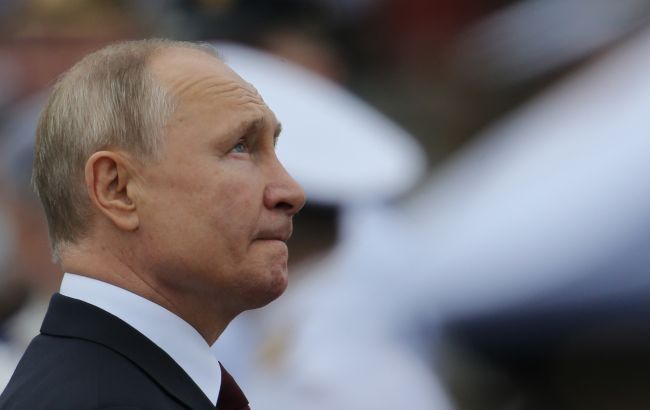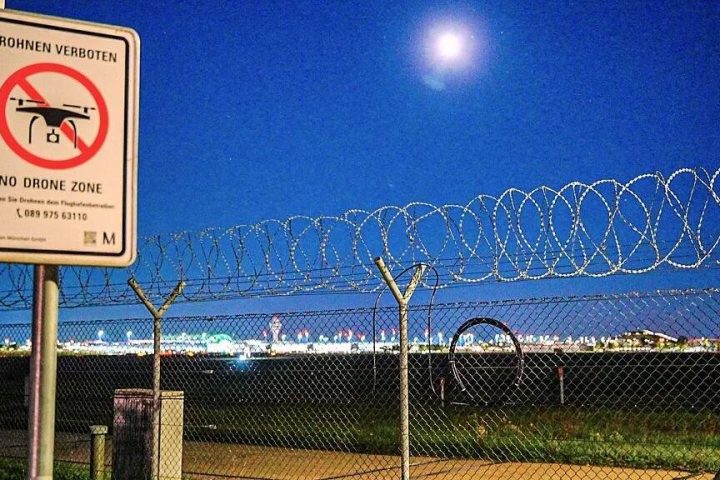Hamas is demanding the release of Marwan Barghouti, a figure capable of changing the political landscape of Palestine.
Few Palestinian politicians and Hamas are as respected as Marwan Barghouti, the most famous Palestinian prisoner serving five life sentences in Israeli prison.
The former leader of the Fatah movement in the West Bank remains the most popular politician in the occupied territories, despite the fact that an entire generation of Palestinians grew up during his imprisonment, which has lasted more than 20 years.
Many call him the “Palestinian Nelson Mandela,” seeing him as a leader capable of uniting Palestinians and leading them to independence.
For Israel, Barghouti remains one of the most notorious terrorists: in 2002, he was sentenced to life imprisonment for organizing attacks that killed five people during the Second Intifada. Barghouti himself has denied the charges and refused to recognize the Israeli court.
Hamas Demands
Hamas is demanding that Barghouti’s release be included in a possible ceasefire agreement in Gaza—a move that could fundamentally change the political situation in Palestine.
Given his popularity and ability to unite various factions, Israel is unlikely to agree to his release.
The prisoner’s son, Arab Barghouti, told CNN in August that Prime Minister Benjamin Netanyahu does not want to release his father because “he doesn’t need a peace partner.”
A Symbol of Unity
Despite decades in prison, Barghouti is still perceived by many Palestinians as the only leader capable of uniting the nation.
Political scientist Khalil Shikaki, director of the Palestinian Center for Political and Sociological Research, told CNN that Barghouti is considered an “honest and incorruptible national hero” capable of uniting Fatah and Hamas.
According to Shikaki, if elections were held today, Barghouti would receive at least 60% of the vote and become the obvious successor to Palestinian Authority President Mahmoud Abbas, who has been in power for 20 years and is often criticized for his lack of legitimacy.
“Barghouti is a realist, but a tough negotiator, capable of reaching a lasting peace with Israel based on a two-state solution,” Shikaki noted.
“If he is released, the pressure on Abbas to resign will increase sharply.”
Why Israel is against it
Experts believe that this is precisely why Israel is categorically opposed to Barghouti’s release.
Prime Minister Netanyahu consistently rejects the idea of an independent Palestinian state, and his cabinet’s policies are often aimed at weakening the Palestinian Authority to prevent the emergence of a strong secular leader capable of uniting Palestinians.
Life behind bars
Barghouti’s political career began in his teens. At 15, he was first imprisoned for his involvement with the Fatah movement, then banned by Israel. After his release, he studied history and political science, and later became the secretary general of Fatah in the West Bank and a member of the Palestinian Legislative Council.
After the Oslo Accords of 1994, he returned to Ramallah, but was arrested again in the early 2000s.
Over the years of imprisonment, his image has become a symbol of resistance: Israel has virtually isolated him from the outside world, but the rare images of him evoke a wave of sympathy and admiration among Palestinians.
Recently, Israeli National Security Minister Itamar Ben-Gvir released a video mocking Barghouti in prison. The footage sparked outrage: Barghouti appeared weakened and sickly, and his wife, Fadwa Barghouti, admitted she barely recognized her husband.
A Symbol They Fear to Let Go
For Palestinians, Barghouti embodies hope, honesty, and unity. For Israel, he is a symbol of a threat whose liberation could lead to radical political changes in the region.
That’s why his name, which has resurfaced in the Gaza ceasefire negotiations, remains one of the most sensitive and significant in Middle Eastern politics.
Hamas has declared its willingness to reach a ceasefire agreement in the Gaza Strip under the framework of President Donald Trump’s proposal but stressed that several core conditions remain non-negotiable. At the same time, the Qatari Prime Minister and senior U.S. officials arrived in Egypt to take part in indirect negotiations between Hamas and Israel.











